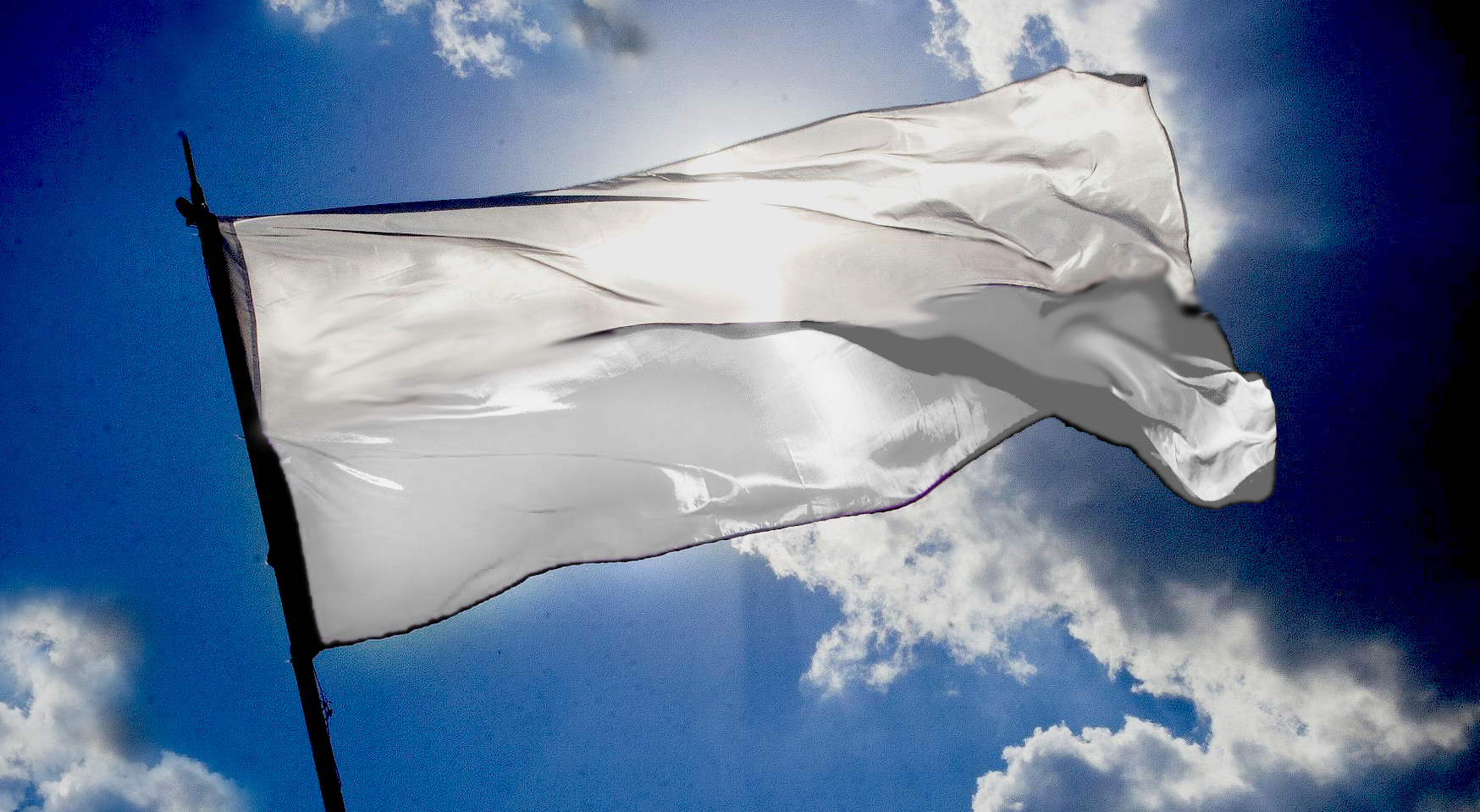It is difficult not to think of nature in human terms. When the sea pounds against rocky cliffs day by day, century after century, its patient work of erosion gouges out caves, breaks off large chunks of the rock face, creates scenic arches and new fingers of land. The relentless onslaught of the softest against the hardest of elements creates a metaphor of the insentient world that we make use of to make sense of our own experience. We colonise nature, at first, with our imagination.
This can be helpful – we always need new analogies. But it is not seeing things as they really are, because the impersonality of nature can never be transposed into the personal consciousness of human beings. Like all other inhabitants of the planet we are subject to cosmic laws. But we are also unique pieces in the cosmic jigsaw without which all the worlds, known and unknown, would be incomplete. Until we know where and how we fit in we remain separate pieces in search of the patterns that give us meaning.
The friendship we crave and need in order to be fully human comes from recognizing that our own uniqueness is reflected in the solitary singularity of others. The alternative to this intimate solitude is a mass collectivity – consumer society or communist state – in which a false security relies only upon similarities and forced uniformity. To avoid this we have to rise a little earlier each morning and pause each evening after work to be ourselves and no one else. But then we can better connect and serve with others.
Judas’ self-destruction resulted from his inability to admit or confess what he had done. He could not bear himself. But his sin of infidelity was not so much greater than that of Peter, the prince of the apostles. Peter wept but Judas despaired. Tears, like the ocean waves, eventually will break through the stoniest heart. But despair – like lethargy in the spiritual life –postpones or denies the moment of truth indefinitely.
Christ ‘leads the elemental spirits of the universe in a triumphal procession’. The impersonal forces in the psyche that frighten us by their potential for violence and social disruption can, in another words, be tamed and controlled. We are not at the mercy of our shifting loyalties, unstable relationships and eroding priorities. The forces of impermanence do not have the last word. Beyond the last word there is a living silence.
Laurence Freeman OSB
Listen to the Lent Daily Reflections Podcast HERE



